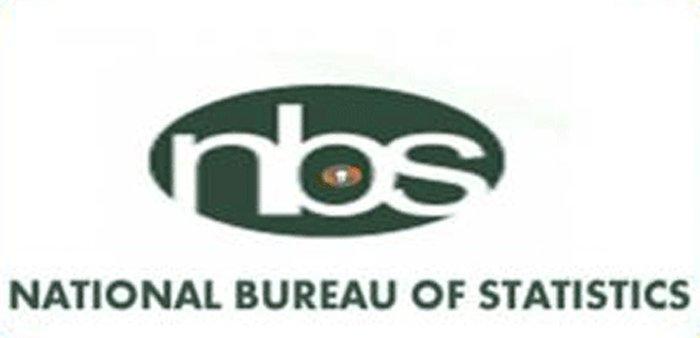
The National Bureau of Statistics (NBS) has restated its commitment to delivering accurate, credible, and accessible data that will guide evidence-based policies and drive sustainable national development.
Statistician-General of the Federation and Chief Executive Officer of the NBS, Adeyemi Adeniran, made this known on Monday in Abuja during the commemoration of the 2025 World Statistics Day.
Adeniran said the world was undergoing rapid social, economic, and technological transformation, including digital disruption and climate change, adding that reliable data had become essential for navigating these evolving global challenges.
“To address these emerging realities, we need credible, timely, and high-quality data, presented in usable formats and produced sustainably to inform decisions at all levels of society,” he said.
NBS Achieves Major Milestones with GDP and CPI Rebasing
Highlighting two recent milestones, Adeniran noted that the bureau had completed the rebasing of both the Gross Domestic Product (GDP) and the Consumer Price Index (CPI), a move that significantly improves the accuracy and relevance of Nigeria’s national statistics.
He explained that the GDP rebasing, concluded in July 2025, shifted the base year from 2010 to 2019 to capture emerging industries such as the digital economy, creative sector, pension management, food economy, and informal markets.
“The rebasing provides a clearer insight into real economic performance and lays a stronger foundation for data-driven planning, investment, and policymaking,” Adeniran stated.
On the CPI rebasing, he revealed that the base year changed from 2009 to 2024, while the consumer basket expanded from 740 to over 930 items, reflecting new household spending patterns.
He added that the upgrade would improve inflation measurement and help policymakers better understand how price changes affect Nigerian households, especially the vulnerable.
Driving Innovation Through Technology
Beyond these updates, the NBS boss said the bureau was leveraging digital tools and institutional partnerships to modernize data operations. He pointed to the Integrated System of Administrative Statistics as a key innovation aimed at harmonizing data collection, processing, and sharing across ministries, departments, and agencies.
Adeniran reaffirmed the bureau’s guiding philosophy “Data for Everyone”, describing it as both a vision and a commitment to democratizing data access across all sectors of society.
However, he acknowledged ongoing challenges such as inadequate funding, limited technical capacity, and difficulties in retaining qualified statisticians and data scientists, which hinder optimal performance.
“Good statistics are about people, not just numbers. Each data point represents a farmer seeking credit, a student learning, or a business planning. Together, with data, we drive change,” he added.
Global Partners Endorse NBS Efforts
In their remarks, representing the World Bank, Victoria Okafor, commended the NBS for its consistent efforts to produce quality and timely data, pledging continued technical and financial support to strengthen its systems.
Similarly, UNICEF representative, Bai Ajoku, reaffirmed the organisation’s commitment to supporting Nigeria’s statistical infrastructure, urging stakeholders to ensure adequate financing for inclusive development.
The 2025 World Statistics Day was celebrated under the theme: “Driving Change with Quality Statistics and Data for Everyone.”



